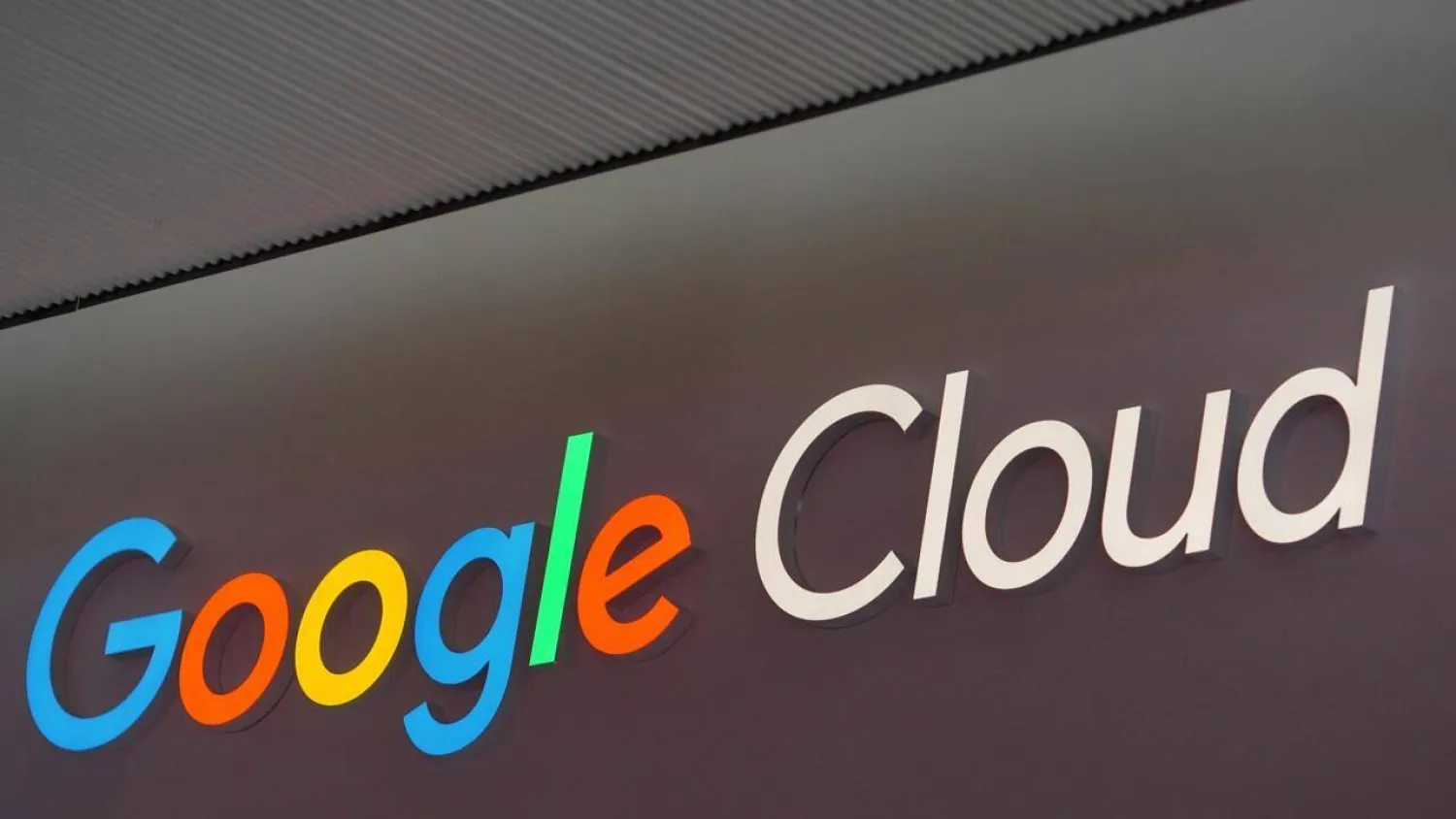Google-parent Alphabet on Wednesday reported quarterly profits that topped expectations, saying artificial intelligence has boosted every part of its business.
Alphabet's second-quarter profit of $28.2 billion -- on $96.4 billion in revenue -- came with word that the tech giant will spend $10 billion more than it previously planned this year on capital expenditures, as it invests to meet growing demand for cloud services.
"We had a standout quarter, with robust growth across the company," said Alphabet chief executive Sundar Pichai.
"AI is positively impacting every part of the business, driving strong momentum."
Revenue from search grew double digits in the quarter, with features such as AI Overviews and the recently launched AI mode "performing well," according to Pichai.
Ad revenue at YouTube continues to grow along with the video platform's subscription services, Alphabet reported.
Alphabet's cloud computing business is on pace to bring in $50 billion over the course of the year, according to the company.
"With this strong and growing demand for our cloud products and services, we are increasing our investment in capital expenditures in 2025 to approximately $85 billion and are excited by the opportunity ahead," Pichai said.
Alphabet shares were up nearly 2 percent in after-market trades that followed the release of the earnings figures.
Investors have been watching closely to see whether the tech giant may be pouring too much money into artificial intelligence and whether AI-generated summaries of search results will translate into fewer opportunities to serve up money-making ads.
The internet giant is dabbling with ads in its new AI Mode for online search, a strategic move to fend off competition from ChatGPT while adapting its advertising business for an AI age.
The integration of advertising has been a key question accompanying the rise of generative AI chatbots, which have largely avoided interrupting the user experience with marketing messages.
However, advertising remains Google's financial bedrock.
"Google is doing well despite tariff headwinds and rising AI competition in search," said eMarketer principal analyst Yory Wurmser.
"It's also successfully monetizing AI Overviews and AI Mode, a good sign for the future."
Google and rivals are spending billions of dollars on data centers and more for AI, while the rise of lower-cost model DeepSeek from China raises questions about how much needs to be spent.
Antitrust battles
Meanwhile the online ad business that generates the cash Google invests in its future could be neutered due to a defeat in a US antitrust case.
During the summer of 2024, Google was found guilty of illegal practices to establish and maintain its monopoly in online search by a federal judge in Washington.
The Justice Department is now demanding remedies that could transform the digital landscape: Google's divestiture from its Chrome browser and a ban on entering exclusivity agreements with smartphone manufacturers to install the search engine by default.
District Judge Amit Mehta is considering "remedies" in a decision expected in the coming days or weeks.
In another legal battle, a different US judge ruled this year that Google wielded monopoly power in the online ad technology market, another legal blow that could rattle the tech giant's revenue engine.
District Court Judge Leonie Brinkema ruled that Google built an illegal monopoly over ad software and tools used by publishers.
Combined, the courtroom defeats have the potential to leave Google split up and its influence curbed.
Google said it is appealing both rulings.







